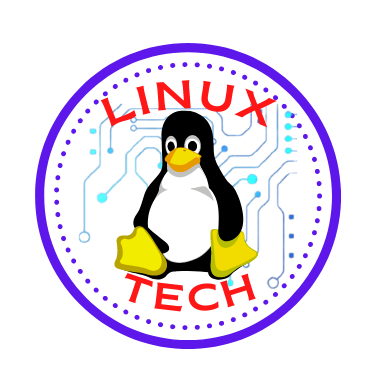Penetration into Mobile and Embedded Systems: Linux in the Palm of Your Hand
3 min readThe penetration of Linux into the mobile and embedded systems market has been nothing short of revolutionary. From smartphones and tablets to smart TVs, routers, IoT devices, and automotive systems, Linux has established itself as a dominant force in the embedded world. This success can be attributed to its open-source nature, adaptability, and ability to run on a wide range of hardware architectures, making it an ideal choice for various mobile and embedded applications.
Android: The Game-Changer The turning point for Linux’s penetration into the mobile market was the rise of Android, the most popular mobile operating system in the world. Android, based on the Linux kernel, was developed by Android Inc., which was later acquired by Google. Android’s open-source approach and its ability to run on various devices fueled its rapid adoption by smartphone manufacturers.
Google’s strategic move to offer Android as an open-source platform allowed device manufacturers to customize and build their own versions of the operating system, leading to a diverse ecosystem of Android devices. The success of Android paved the way for Linux to gain prominence in the mobile industry, and it now powers billions of smartphones and tablets globally.
Customization and Adaptability The flexibility and adaptability of Linux have been key factors in its widespread adoption in the embedded systems domain. Manufacturers and developers can easily tailor Linux to meet the specific requirements of their devices, such as optimizing resource usage, customizing user interfaces, and incorporating specific drivers for hardware components.
Linux’s modularity allows it to scale from resource-constrained IoT devices to high-performance embedded systems without sacrificing functionality or performance. This adaptability makes it an attractive choice for a broad range of applications, from consumer electronics to industrial automation.
Open-Source Ecosystem and Community Support The open-source nature of Linux fosters a robust ecosystem of developers, companies, and communities working together to enhance and optimize the platform. Device manufacturers and developers benefit from the vast array of software libraries, drivers, and tools that are readily available in the Linux ecosystem. This thriving community ensures continuous development, rapid bug fixes, and security updates.
Automotive Systems Linux’s foray into the automotive industry has been remarkable. The Automotive Grade Linux (AGL) project, hosted by the Linux Foundation, aims to develop a common, open-source software platform for in-vehicle infotainment (IVI) and other automotive applications. AGL is supported by numerous automotive companies, including Toyota, Ford, Honda, Mazda, and more, making Linux a prominent choice for the next generation of connected and autonomous vehicles.
Internet of Things (IoT) Linux has also become the preferred choice for IoT devices, which require lightweight yet powerful operating systems. Its ability to run on low-power processors and support a wide range of hardware interfaces and sensors makes it an ideal candidate for IoT applications. Various Linux-based distributions and projects, such as Yocto Project and Raspberry Pi OS, cater specifically to IoT development, driving innovation in this rapidly expanding market.
The penetration of Linux into mobile and embedded systems has reshaped the way we interact with technology in our daily lives. From smartphones and tablets to smart TVs, IoT devices, and automotive systems, Linux’s adaptability, open-source philosophy, and community support have made it the go-to choice for developers and manufacturers worldwide.
As technology continues to advance, Linux’s role in mobile and embedded systems is set to grow further. With the rise of 5G connectivity, the expansion of IoT applications, and the continuous development of smart devices, Linux’s versatility and reliability position it as a driving force in shaping the future of mobile and embedded technology. As the open-source community continues to innovate and collaborate, Linux’s influence in these domains will only strengthen, ensuring its place as a powerhouse in the digital age.

